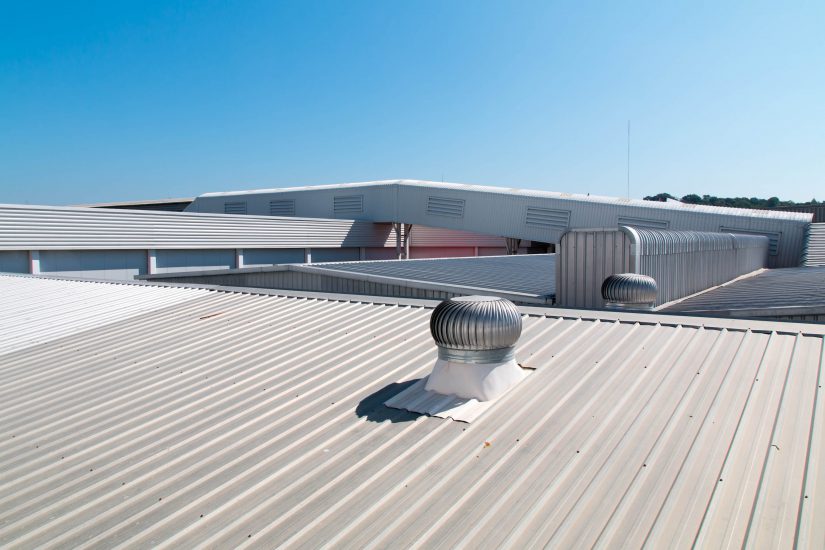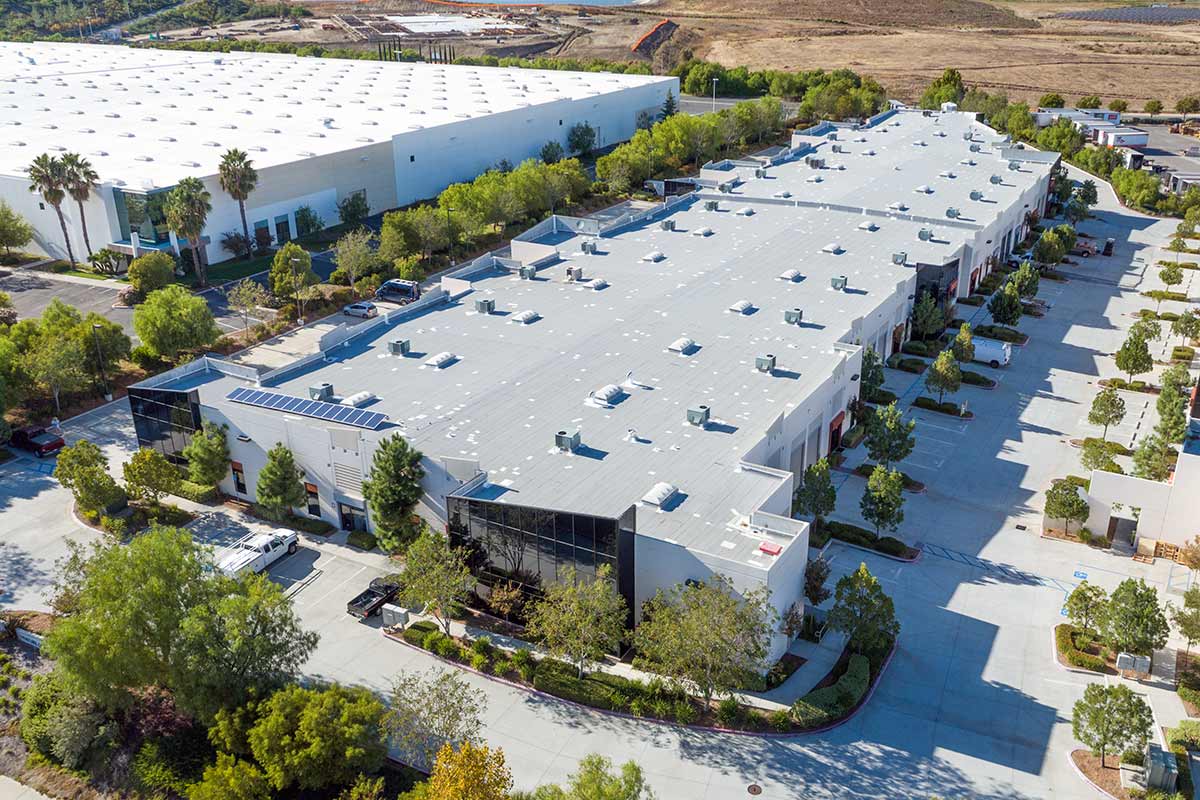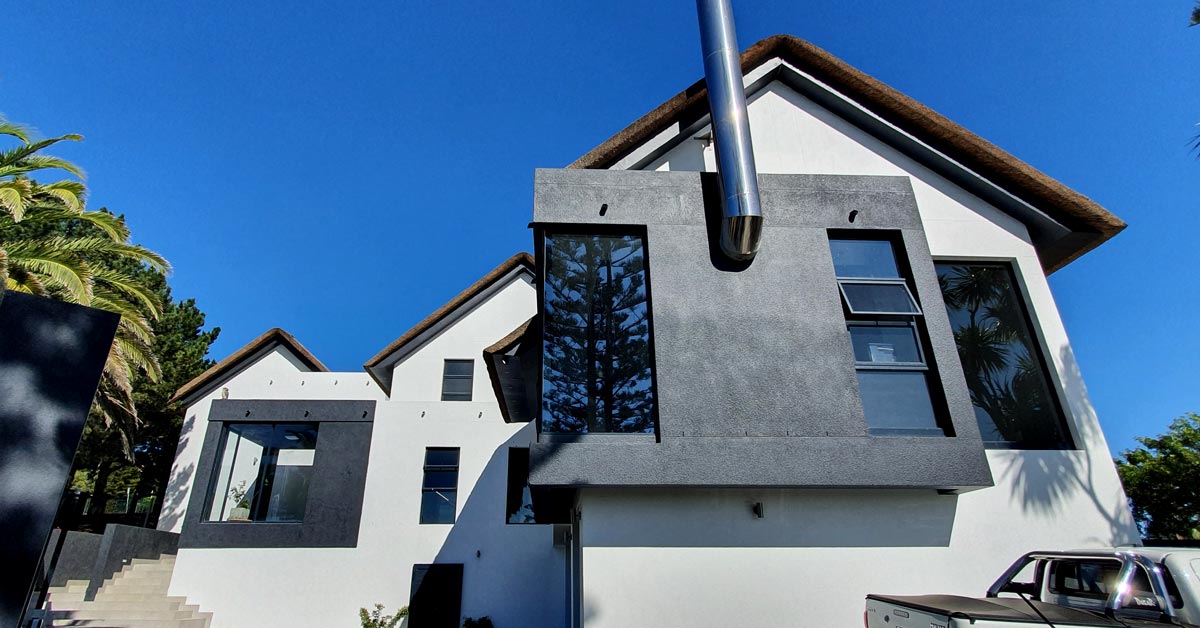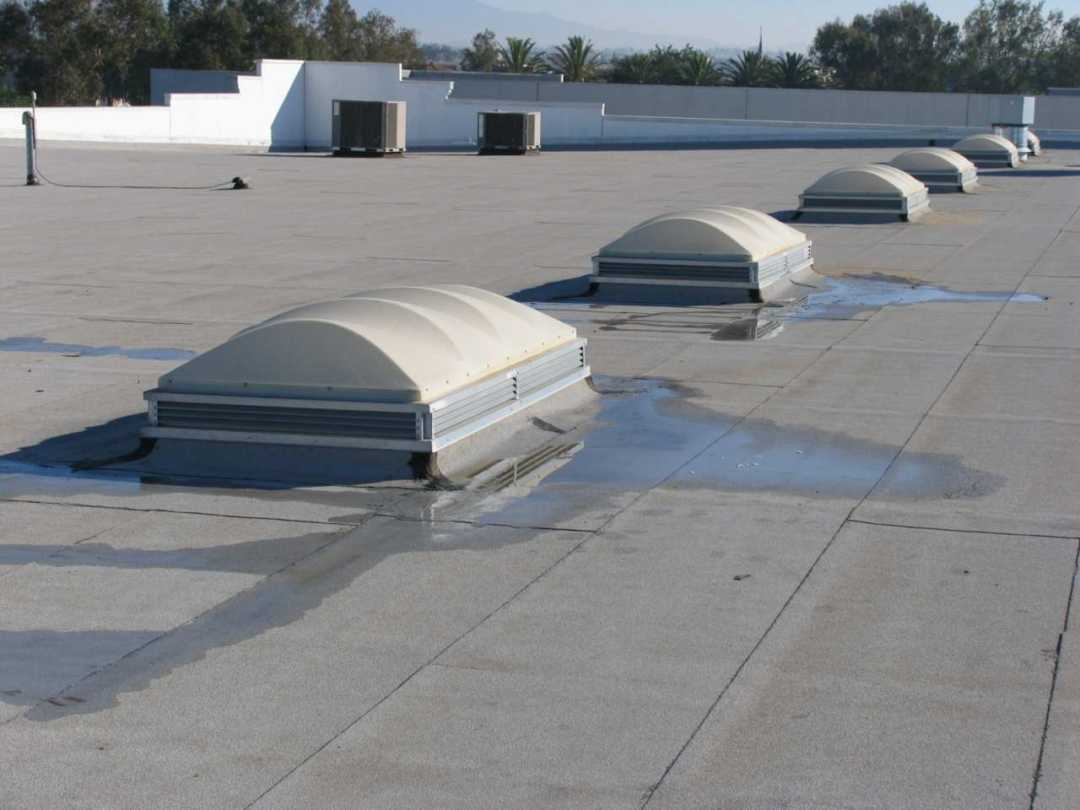Commercial and residential roofing are both important, but they serve different purposes. Commercial roofing is designed to protect businesses and their inventory from the elements, while residential roofing is meant to keep homes and their inhabitants dry and comfortable. There are a few key differences between these two types of roofs.
1) Commercial roofing is often made of stronger materials and can withstand more weight
When it comes to roofing, commercial buildings have different needs than residential ones. Commercial roofing needs to be stronger and able to withstand more weight, as well as being more resistant to weather and fire.

As a result, commercial roofing is usually made from materials like metal or concrete, which are much more durable than the asphalt shingles typically used on residential roofs. In addition, commercial roofs are often flat or nearly flat, which makes them less susceptible to damage from wind or heavy rain. This gives business owners peace of mind, knowing that their roof is better equipped to protect their property.
2) Roofing materials vary depending on the purpose of the roof
The roof is one of the most important parts of any structure. It protects the interior from the elements and helps to regulate temperature. When choosing a roofing material, it is important to consider both form and function.

Asphalt shingles are often used in residential roofs because they are cheap and easy to install. However, they have a relatively short lifespan and can be damaged by high winds. Metal roofs are best known for their durability and low maintenance, but they can be noisy during rainstorms. Slate and tile roofs are also durable, but expect to shell out quite a bit of money for these materials.
Ultimately, the best roofing material for a given project depends on a variety of factors, including budget, climate, and the intended use of the building.
3) Commercial roofs often have a warranty that covers replacement or repair for a certain number of years
When a business owner is considering a new commercial roof, one of the most important factors to consider is the warranty. A good warranty can provide peace of mind in knowing that if something goes wrong, the roof will be covered for replacement or repair.
Most commercial roofs have a warranty that covers between 10 and 20 years, although some warranties may be shorter or longer. Some warranties even cover a lifetime of the roof. It is important to read the fine print of the warranty to understand what is and is not covered before making a decision. However, a good warranty can provide valuable protection for a business owner’s investment.
4) Residential roofs usually need to be replaced every 10-15 years, while commercial roofs can last up to 30 years or more
Several factors affect the lifespan of a roof, including the type of material, the slope of the roof, and the climate. In general, however, most residential roofs need to be replaced every 10-15 years, while commercial roofs can last up to 30 years or more.

The main reason for this difference is that commercial roofs are subject to less wear and tear than residential roofs. They are usually not used as frequently, and they are often made of stronger materials that are better able to withstand the elements. In addition, commercial roofs are typically inspected and repaired more regularly than residential roofs, which helps to extend their lifespan. Although they may require a larger initial investment, commercial roofs ultimately offer a greater return on investment due to their longer lifespan.
All things considered, commercial roofs have some definite advantages over residential ones, but this doesn’t mean that they are right for every project. It is important to consider all of the factors involved before making a decision. Consult with a qualified roofer to get expert advice on the best roofing solution for your specific needs.

